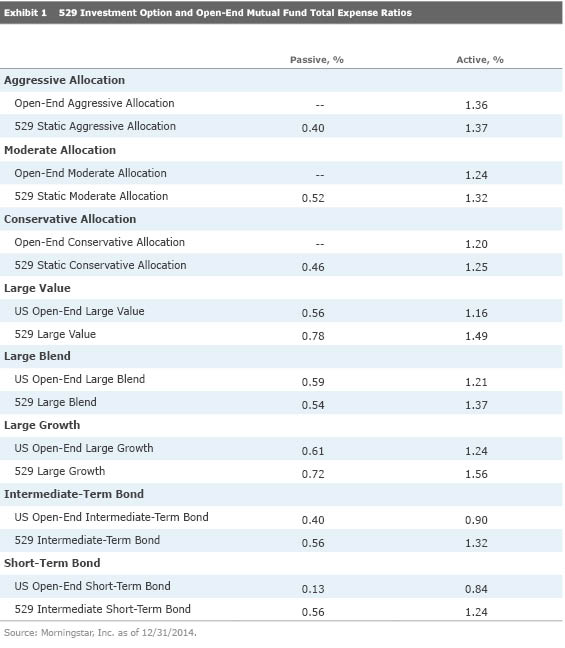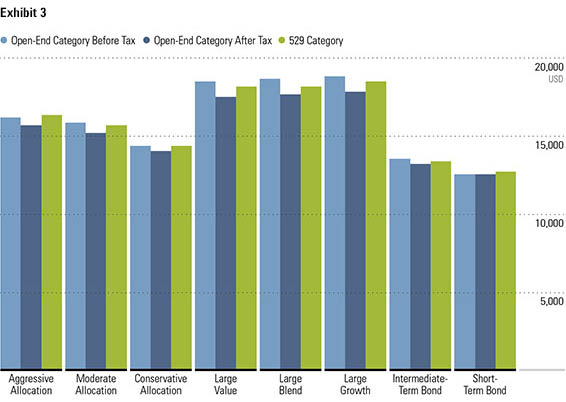A. Your auto insurance policy protects you in case of an accident causing injuries and damage. Your homeowner’s policy protects you in case your house burns down. Your Umbrella Liability Insurance protects you about other kinds of risks.
Protection from Other Big What-ifs
For example, what if a guest in your home falls down from your stairs? What if your child hurts someone in school and you get sued? What if your dog bites the mailman? There are many big "what ifs".
In many of those cases, your homeowner’s or auto policy might not cover you — or not completely. For example, your auto policy might have a $500,000 limit on medical coverage. What if you’re sued for $1 million?
Inexpensive to Get the Protection
The $1 million umbrella protection is very affordable, for example, you could get $1 million coverage for only $250 per year. You can generally buy umbrella insurance only from the agency where you bought your homeowner’s policy. So make that phone call today.
When you make that call, don't forget to ask the agent that if you bought the umbrella insurance, is it possible for you to lower some of the homeowner or auto coverage amount which could even lower your current home and/or auto insurance premiums.



 RSS Feed
RSS Feed
